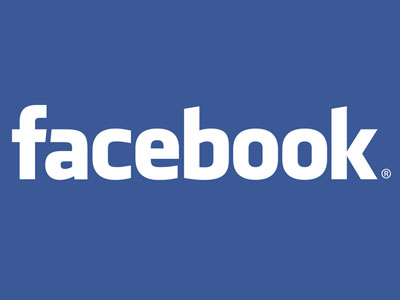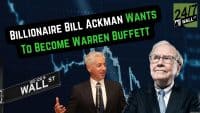For the most part, Manchester United PLC (NYSE: MANU) and Facebook Inc. (NASDAQ: FB) are nothing alike. What could be further apart than a social network with one billion members and a British soccer team that claims 600 million fans worldwide? But each had a highly anticipated initial public offering that faced plenty of skeptics. In each case, the skeptics were right.
Just as its stock moved toward a post-IPO low, the football team announced that its fourth-quarter revenue dropped a sickening 24.3% to 74.5 million pounds. The club’s loss for the period that ended June 30 was 14.9 million pounds, compared to a 400,000-pound loss in the same period a year ago.
Manchester United said it expects revenue to be between 350 million pounds to 360 million pounds in the next full year. The firm thought that somehow investors would be calmed when executive vice chairman Ed Woodward said, “Our world-record $559m shirt sponsorship deal with Chevrolet and the Premier League’s new £1bn a year UK television rights deal (a 70%increase) highlight the outstanding growth prospects for the future.” Those prospects did not translate into a strong revenue forecast.
Facebook and Manchester United do share some things in common. One is the attitude that owners have taken toward each stock in the new IPOs — they sold. The Glazer family, which owns the soccer club, made out like bandits. As Reuters described it:
Through the IPO, they will initially get up to $167 million from their sale of 8.3 million shares. They will also still own 89.8 percent of the shares, which will be worth nearly $3 billion at a $20 a share price.
In the meantime, investors have watched the share price drop from a high of $15.27 to $12. Not as bad as the drop in Facebook since its IPO, but still maddening to those who bought the stock.
Facebook’s stock price was depressed by disappointing earnings and fears that it had stumbled in the mobile market. Wall St. forecasts for earnings suddenly dipped. But the real damage to the shares came when early investors parted with hundreds of millions of dollars of stock. Some of these investors made money by selling shares as part of the IPO. Others sold at the end of the lockup period. Among the sellers were venture capitalists, who are considered outstanding judges of future value, and one of the social network’s founders. Facebook went public at $38 and trades below $22 today.
Neither Manchester United nor Facebook likely will return to their IPO prices soon. Many investors discovered after the fact of the offerings that 600 million fans and one billion members mean very little if the companies cannot make even a modest sum for such large universes of people.
Douglas A. McIntyre
It’s Your Money, Your Future—Own It (sponsor)
Retirement can be daunting, but it doesn’t need to be.
Imagine having an expert in your corner to help you with your financial goals. Someone to help you determine if you’re ahead, behind, or right on track. With SmartAsset, that’s not just a dream—it’s reality. This free tool connects you with pre-screened financial advisors who work in your best interests. It’s quick, it’s easy, so take the leap today and start planning smarter!
Don’t waste another minute; get started right here and help your retirement dreams become a retirement reality.
Thank you for reading! Have some feedback for us?
Contact the 24/7 Wall St. editorial team.





